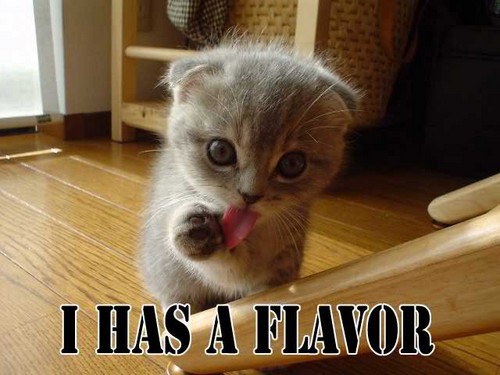---------------------------------------------------
"Waste not, want not," was Delia's motto. She had a great respect for the thriftiness of her parents' generation, people who had lived through the war most of their lives with relatively little. She had learned a lot from them, skills virtually no one her age had, such as how to skin a rabbit and make tasty, simple dishes from offal.
So when she heard a scream of brakes one day outside her suburban semi in Hounslow, and went outside to find that Tiddles, the family cat, had been struck by a car, her first thoughts were not just of regret and sadness, but practicalities. The feline had been bashed but not run over. In effect, it was a lump of meat just waiting to be eaten.
The pungent meat stew her family sat down to that evening was of a kind not found on many British dining tables today, but Delia's family was used to eating cuts of meat that were no longer fashionable. She had told her husband what had happened, of course, and had always been direct with her children. Still, the youngest, Maisie, ate reluctantly and cast her mother occasional accusing glares over her steaming bowl. Delia was sympathetic, but the child surely had no reason to think she had done anything wrong.
Source: "Affect, culture, and morality, or is it wrong to eat your dog?" by Jonathan Haidt, Silvia Helena Koller, and Maria G. Davis in the Journal of Personality and Social Psychology, 65, 1973.
Baggini, J., The Pig That Wants to Be Eaten, 2005, p. 169.
---------------------------------------------------
What do you think? What are the possible reasons one could give for NOT eating Tiddles? Do any of those reasons have an objective basis for being true? I'll be back on Friday to try and sort through my thoughts and feelings on this.


